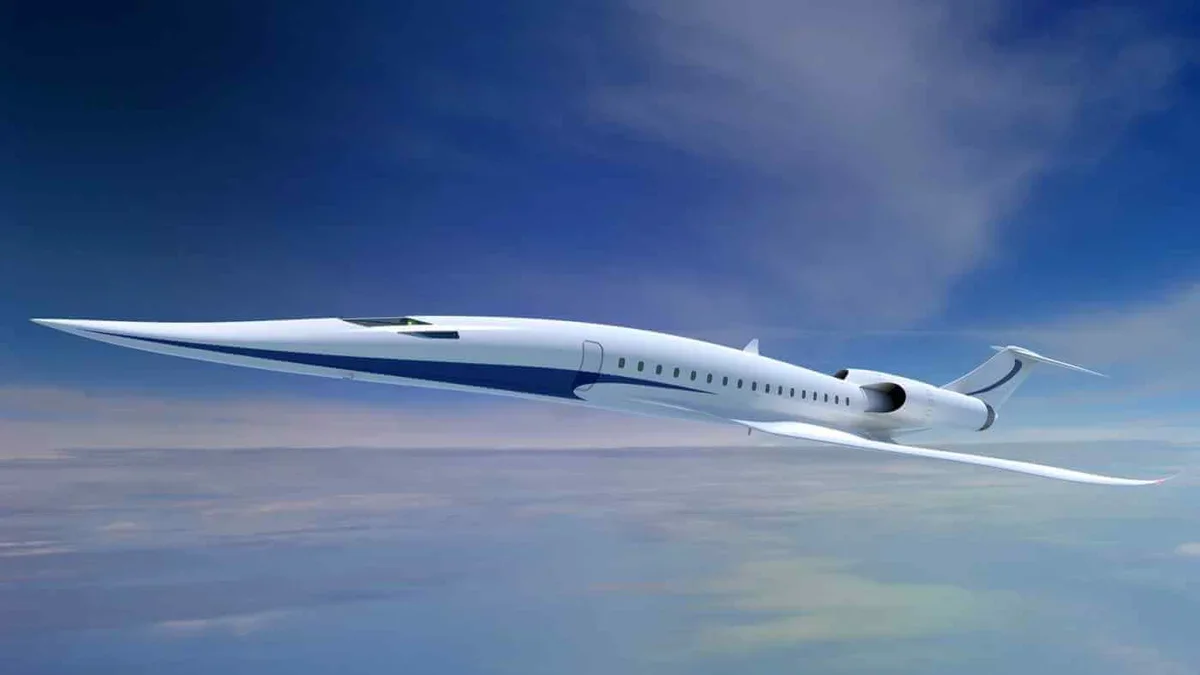The FAA is set to lift the overland supersonic ban, a move that could reshape the future of air travel and bring back faster-than-sound flights over land for the first time since 2003. This significant change comes after President Trump issued an executive order on June 6, 2025, directing the Federal Aviation Administration to begin the process of repealing the existing prohibition within 18 months. The original ban was put in place in 1973 largely due to concerns over the disruptive noise caused by sonic booms.
In place of the decades-old ban, the executive order calls for the FAA to establish new noise standards for supersonic aircraft. These standards will consider a balance of community acceptability, economic reasonableness for operators, and the technological feasibility of quieter designs. This signals a shift in focus, acknowledging that advancements in aviation technology have made supersonic flight much quieter than the original Concorde era.
Commercial supersonic flights ceased entirely when the Concorde last flew in 2003. However, recent technological leaps have revived interest and potential for this mode of travel. For example, in January 2025, the startup Boom Supersonic successfully completed supersonic tests of its prototype plane, the XB-1. The company has stated that these tests demonstrated “Boomless Cruise” technology, where the supersonic flight was not audible on the ground, addressing the very issue that led to the original ban.
Boom Supersonic is now working towards building a new generation passenger supersonic aircraft, named Overture. Production for the Overture is slated to begin next year at its Greensboro, North Carolina, factory. While ambitious, the company faces significant challenges, notably the need to develop its own engine, “Symphony,” after major engine manufacturers like GE, Rolls-Royce, and Pratt & Whitney did not offer assistance for the project. Boom Supersonic announced in April 2025 that it has selected a site in Colorado to conduct engine tests for its Symphony propulsion system, with testing slated to begin later this year.
In a press release, Boom Supersonic praised President Trump’s executive order, stating that once the ban is lifted, Overture’s “Boomless Cruise mode will allow speeds up to Mach 1.3 [997 mph] over land.” This speed is up to 50% faster than current commercial jets. The company highlights that this could translate to significant time savings, with travelers potentially saving up to 90 minutes on U.S. coast-to-coast routes, and even more substantial benefits on global routes with overland segments.


